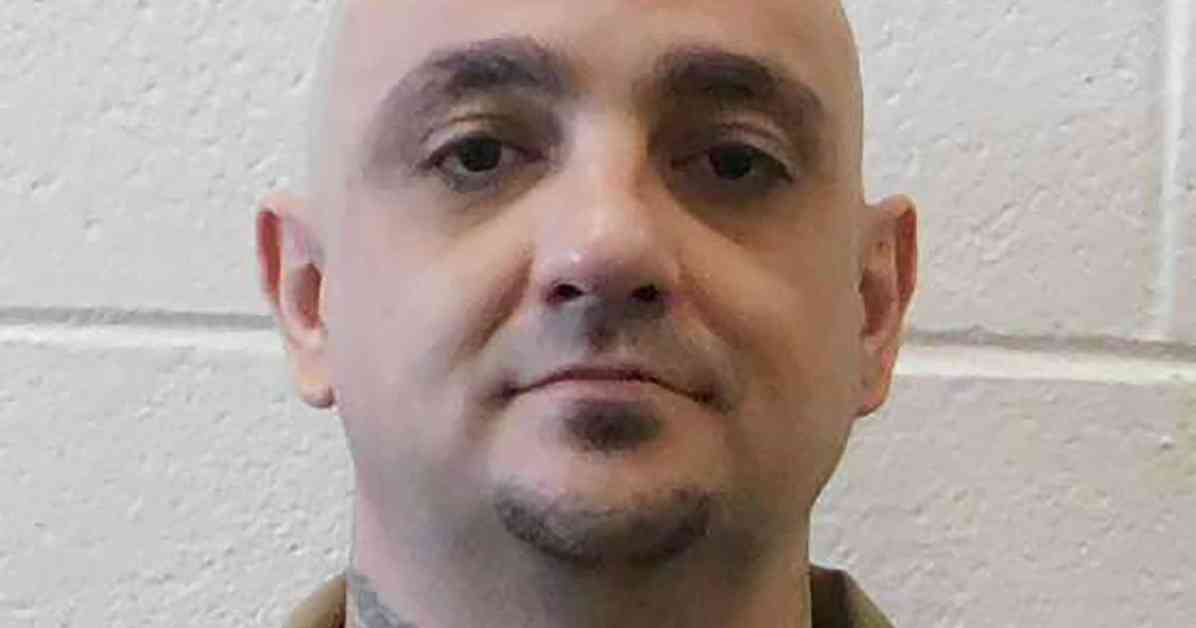Alabama carried out the execution of Derrick Dearman, a man who confessed to killing five people during a violent rampage fueled by drugs in 2016. Dearman, aged 36, was put to death by lethal injection at Holman prison in southern Alabama. He had chosen to drop his appeals this year, expressing his guilt and desire to take responsibility for his actions. Dearman’s statement to the judge in April emphasized his acknowledgment of the pain he had caused to the victims and their families.
The decision to proceed with Dearman’s execution was supported by Alabama Attorney General Steve Marshall, who highlighted the heinous nature of the crimes committed. Marshall stated that the jury’s unanimous verdict reflected the severity of the case and the need for justice to be served. Dearman’s execution marked the fifth one in Alabama in 2024, with different methods being used in previous cases.
The events leading up to the tragic incident on August 20, 2016, involved Dearman breaking into a home where his estranged girlfriend had sought refuge. The victims of the attack included Shannon Melissa Randall, Joseph Adam Turner, Robert Lee Brown, Justin Kaleb Reed, and Chelsea Marie Reed, who was pregnant at the time of her death. Dearman’s girlfriend survived the ordeal, while the 3-month-old son of Turner and Randall was unharmed.
Dearman’s defense had argued for a closer examination of his mental health history, citing his struggles with severe mental illness, including bipolar disorder with psychotic features. However, the jury’s decision to impose the death penalty stood, leading to Dearman’s placement on death row in 2018. In the lead-up to his execution, Dearman spent time with his family members and enjoyed a final meal of seafood.
The solemn occasion of Dearman’s execution serves as a reminder of the devastating impact of violent crimes on individuals, families, and communities. The legal process surrounding capital punishment involves multiple layers of review and consideration, with the ultimate goal of ensuring justice is served. Dearman’s case sheds light on the complex issues of mental health, substance abuse, and the legal system’s response to violent offenses.
As Alabama grapples with the aftermath of this tragic chapter, the focus shifts towards healing and support for those affected by the senseless loss of life. The memory of the victims will endure, and their families will continue to seek solace and closure in the wake of this devastating event. While the execution of Derrick Dearman marks the end of a legal process, the emotional wounds caused by his actions will take much longer to heal.






















